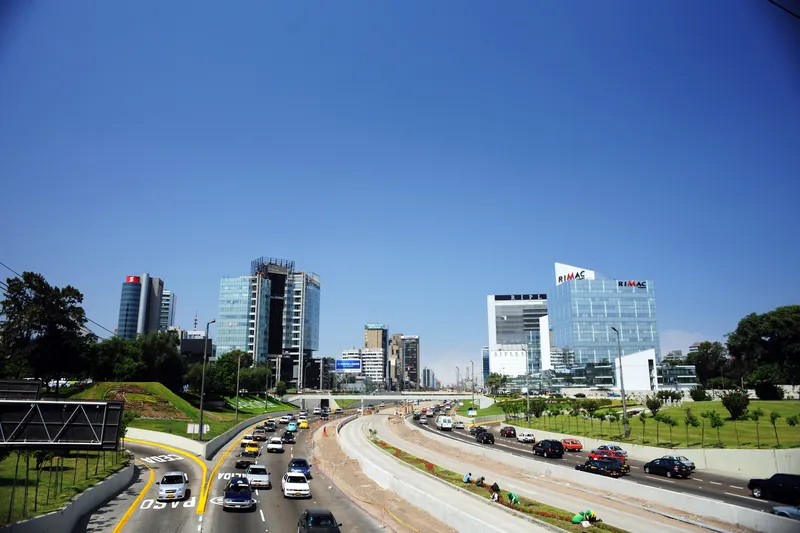The Find a Way Award was instituted as part of the United Nations Decade of Action for Road Safety 2011-2020 by IRF chairman Abdullah Al-Mogbel in recognition of the value of political leadership in driving road traffic injury reduction strategies.
Korea has implemented a range of road safety measures, including the use of safety belts for all seats on all roads; enforcement of dangerous driving offences including signal violation, designated lane violation and drunk driving; improvements to infrastructure at high-collision locations. Other safety measures include improved traffic safety at school zones and in residential areas and training programs for older drivers.
“Korea’s leadership and track record over the last 25 years in curbing traffic injuries is truly impressive, and serves as an inspiration for other governments and the global community of road safety professionals,” said IRF president and CEO C. Patrick Sankey.”
Receiving the award for the Ministry of Land, Infrastructure and Transport, Assistant Minister Jeong-ryeol Kim said, “I am very proud to be part of the United Nations Decade of Action for Road Safety and to receive this award as the leader in road safety. In Korea, the number of traffic accident fatalities has been steadily decreasing over the last years. In particular, the road traffic accident death rate decreased by 7.1 per cent in 2016. It is a very significant record in that it represents highest reduction rate since 2004. I believe that our continuous efforts in the past to reduce the number of road deaths and serious injuries are finally deriving fruitful outcomes. In 2016, we established ‘Comprehensive Measures to Reduce Traffic Accident Fatalities’. It highlighted many road safety initiatives such as enforcement of traffic laws and promotion of traffic safety culture and education nationwide.
I hope that Korea could serve as an excellent example to inspire other countries to achieve our mutual goals of making safer roads and saving countless lives.”
IRF presents road safety award to Korea Ministry of Land, Infrastructure and Transport
The International Road Federation has awarded its annual road safety accolade, the Find a Way Award, to the Korea Ministry of Land, Infrastructure and Transport. The Find a Way Award was instituted as part of the United Nations Decade of Action for Road Safety 2011-2020 by IRF chairman Abdullah Al-Mogbel in recognition of the value of political leadership in driving road traffic injury reduction strategies. Korea has implemented a range of road safety measures, including the use of safety belts for all seat
May 15, 2017
Read time: 2 mins
The 2015 International Road Federation has awarded its annual road safety accolade, the Find a Way Award, to the Korea Ministry of Land, Infrastructure and Transport.










